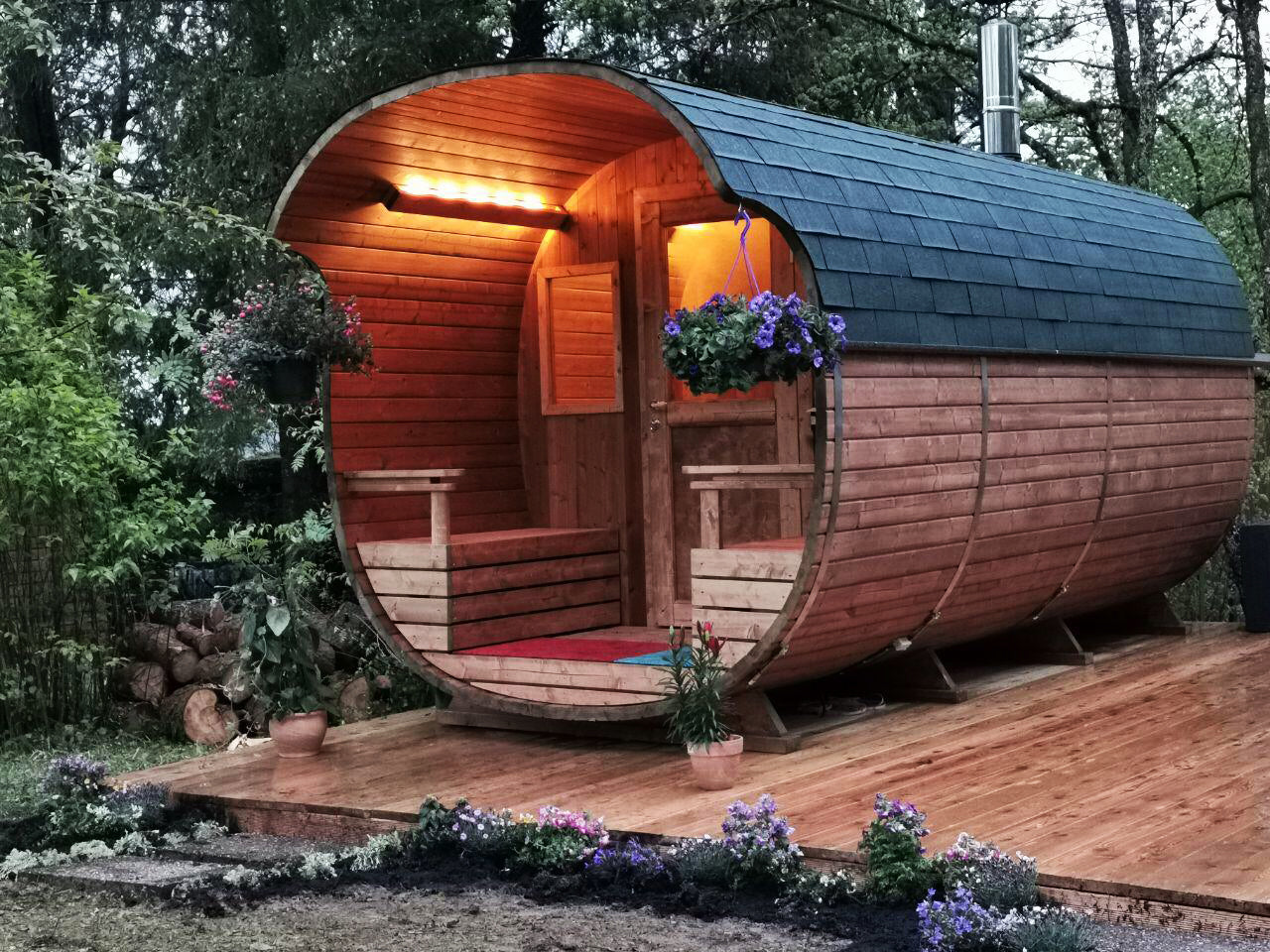
Sauna heaters play a crucial role in providing the heat required for an authentic and rejuvenating sauna experience. With various types of sauna heaters available on the market, choosing the right one for your needs can be a daunting task. This article will help you understand the different sauna heater types and their distinct features, allowing you to make an informed decision.
- Electric Sauna Heaters
Electric sauna heaters are the most common type found in modern saunas. They are convenient, easy to install, and typically require less maintenance than other heater types. These heaters use electric elements to heat the surrounding air and sauna stones, generating the desired temperature and humidity levels.
Pros:
- Quick heating time
- Low maintenance
- Precise temperature control
- Suitable for both residential and commercial use
Cons:
- Dependence on electricity
- Limited options for outdoor saunas due to electrical requirements
- Wood-Burning Sauna Heaters
Wood-burning sauna heaters are a traditional option that provide a more authentic and rustic sauna experience. These heaters use firewood as fuel and require a chimney or flue for proper ventilation. They are an excellent choice for outdoor saunas or remote locations without access to electricity.
Pros:
- Authentic sauna experience
- Suitable for off-grid or remote locations
- No reliance on electricity
Cons:
- Requires a steady supply of firewood
- Requires proper ventilation and chimney installation
- More maintenance and cleaning needed
- Gas Sauna Heaters
Gas sauna heaters are another alternative to electric heaters, using propane or natural gas as a fuel source. They are ideal for larger saunas or commercial facilities, as they can heat the sauna quickly and maintain consistent temperature levels.
Pros:
- Fast heating time
- Suitable for larger saunas
- Consistent temperature control
Cons:
- Requires a gas line and professional installation
- Limited availability compared to electric and wood-burning heaters
- Infrared Sauna Heaters
Infrared sauna heaters use infrared technology to heat the body directly, rather than heating the surrounding air. These heaters emit infrared waves, which penetrate the skin and provide a more focused heat source. Infrared saunas typically operate at lower temperatures than traditional saunas and are gaining popularity due to their perceived health benefits.
Pros:
- Lower operating temperatures
- Energy-efficient
- Quick heating time
- Can be installed in smaller spaces
Cons:
- Different sauna experience compared to traditional saunas
- Limited humidity control
Conclusion
Selecting the right sauna heater type depends on factors such as personal preferences, budget, available space, and desired sauna experience. Electric heaters are the most common and convenient choice for residential use, while wood-burning heaters offer a more traditional and off-grid option. Gas heaters are suitable for larger installations, and infrared heaters provide a unique, lower-temperature experience. By understanding the pros and cons of each sauna heater type, you can make a well-informed decision and enjoy the ultimate sauna experience tailored to your needs.


